Exploring the Fascinating Reasons Why Cats Lick Your Face

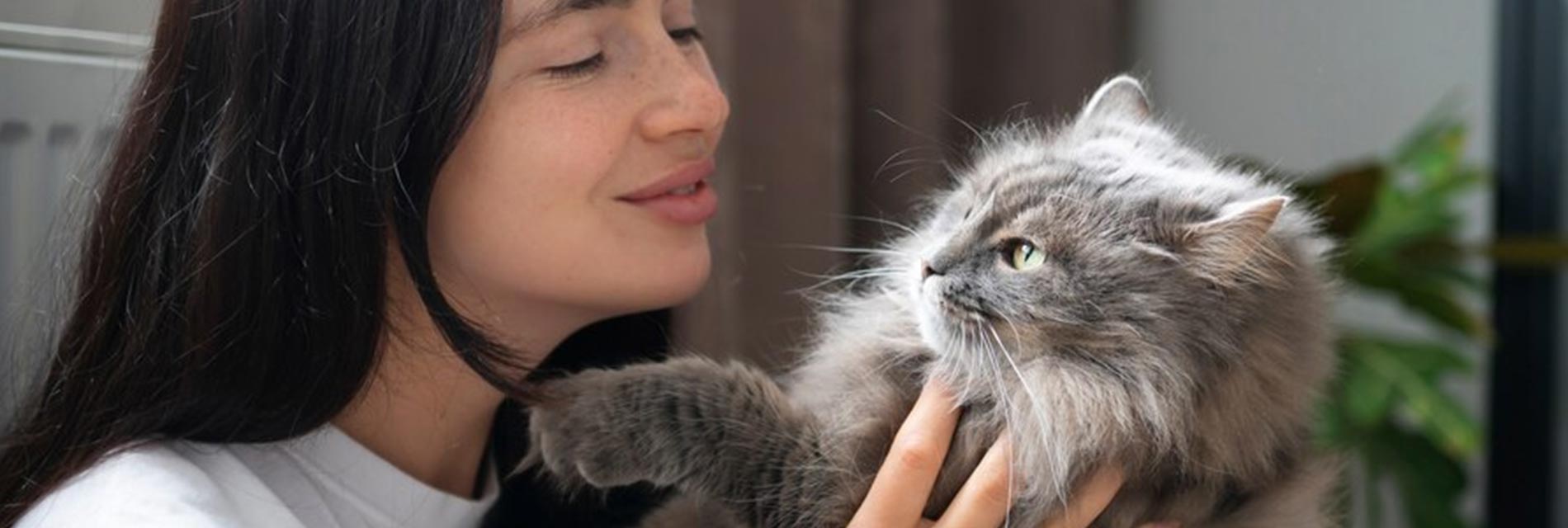
As a cat owner, I’ve often found myself wondering about the peculiar behaviors of my feline friend. One behavior that never fails to catch my attention is when my cat licks my face. It’s both endearing and a little puzzling. So, I decided to dig deeper and understand the reasons behind why does cat lick my face. In this article, I’ll explore the science behind this particular licking behavior, the various reasons why cats lick their owners’ faces, and how to interpret and respond to this unique form of feline affection.
The Science Behind Why Cats Lick Your Face
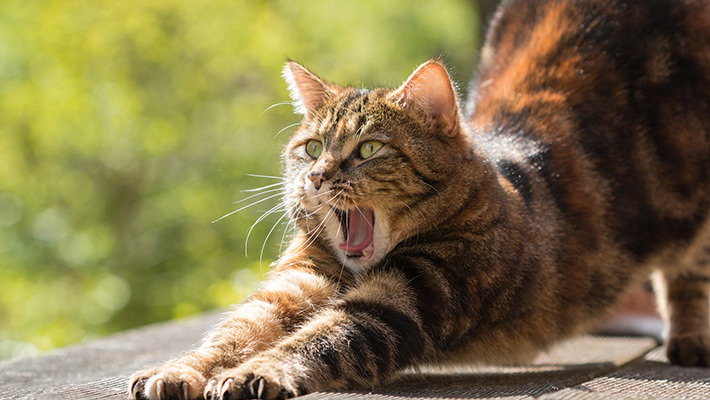
To understand why cats lick our faces, we need to first delve into the science behind their behavior. Licking is an innate behavior for cats, rooted in their evolutionary history. Kittens are groomed by their mothers from an early age through licking, and this behavior serves multiple purposes.
It helps keep their fur clean, stimulates blood circulation, and promotes bonding within the litter. As cats grow, licking becomes an integral part of their social and grooming behavior. Here are some more reasons that will give you an answer to your question ‘why does cat lick my face.’
Affectionate Bonding:
One of the primary reasons why cats lick their owners’ faces is to establish a bond and display affection. Irrespective of the types of cat breed, when a cat licks your face, it’s a sign that they trust you and consider you part of their social group.
Cats have scent glands on their tongues, and by licking you, they are leaving their scent on your skin. This marking behavior is their way of claiming you as their own and reinforcing the bond between you.
Additionally, licking releases endorphins in cats, which are feel-good chemicals that promote a sense of relaxation and contentment. So, when your cat licks your face, they are not only showing their love but also seeking comfort and reassurance from your presence.
Grooming Instincts:
Cats are meticulous groomers by nature, and licking is an essential part of their grooming routine. When a cat licks your face, they might be treating you as if you were another cat that needs grooming.
It’s their way of showing care and affection, just as they would groom their fellow feline companions. While it might not be the most pleasant sensation for us humans, it’s a sign of trust and acceptance from your cat.
However, it’s important to note that excessive licking can sometimes be a sign of anxiety or stress in cats. If your cat’s face licking becomes obsessive or compulsive, it’s advisable to consult a veterinarian to rule out any underlying medical or behavioral issues.
Communication And Scent Marking:
Cats are highly communicative animals and licking serves as a form of communication in their interactions with humans. When a cat licks your face, they are leaving their scent on your skin.
Through this action, they are marking you as part of their territory and signaling to other cats that you are off-limits. It’s their way of saying, “This human is mine, and I trust them.” You may also notice that besides licking your face, your cat is snuggling and curling up on your chest a lot more these days. If you are wondering why does my cat lay on my chest, this is yet another sign that your cat trusts you and is marking their territory.
Moreover, licking can also be a way for cats to get your attention or express their desire for food or play. If your cat licks your face when you’re busy or not paying attention, it could be their way of saying, “Hey, I need some quality time with you!”
Understanding the risks of Cat licking your face
While cat licking is often seen as a sign of affection, it’s important to consider the health and hygiene aspects associated with this behavior. Cats have rough tongues that are designed to remove dirt, debris, and loose fur from their own coats.
When they lick your face, they might inadvertently transfer bacteria or allergens from their mouths to your skin. For people with compromised immune systems or allergies, this can pose a risk.
To mitigate the potential health risks, it’s advisable to wash your face thoroughly after your cat licks you. Additionally, regular grooming and dental care for your cat can help maintain their overall hygiene and reduce the chances of transmitting harmful bacteria.
Common Misconceptions About Why Does Cat Lick My Face
There are several misconceptions surrounding thee question ‘why does cat lick my face’ that are worth addressing. One common misconception is that cats lick their owners’ faces as a form of dominance. However, licking is more about bonding and communication rather than asserting dominance. Cats view their owners as part of their social group and engage in grooming behaviors to strengthen the bond.
Another misconception is that cats lick human faces solely for the taste of salt. While the salt content on our skin might be one factor that attracts cats, it’s not the sole motivation behind their licking behavior. Cats lick for a variety of reasons, including bonding, grooming, and communication.
How To Discourage Or Redirect Excessive Face Licking?
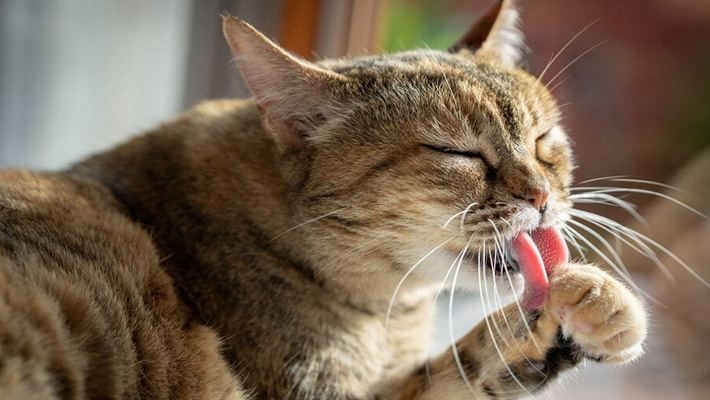
If your cat’s face licking becomes excessive or bothersome, there are ways to discourage or redirect this behavior. One approach is to gently redirect their attention to a more appropriate form of interaction, such as playing with a toy or engaging in interactive play. Providing them with alternative outlets for their grooming instincts can help redirect their focus away from licking your face.
Additionally, if your cat’s licking behavior seems to be triggered by anxiety or stress, it’s important to address the underlying cause. You should consider creating a calm environment for your cat and provide them with plenty of mental and physical stimulation. But if your cat continues to lick your face, consider seeking professional advice. A vet can help you to find out if your cat is sick. They will also guide you on how to alleviate their anxiety and reduce excessive licking.
What Are the Other Ways Cats Show Affection?
While face licking is a unique and endearing behavior, it’s not the only way cats show affection and bond with their owners. Cats are known for their subtle yet heartfelt displays of affection. They might rub against your legs, knead on your lap, or curl up next to you while purring.
Each cat has its own unique way of expressing love, and understanding their individual preferences and body language can deepen the bond between you and your feline companion.
Embracing The Quirky And Endearing Behaviors Of Our Feline Friends
So, by now you have got the answer to your question, ‘why does cat lick my face.’ From affectionate bonding to grooming instincts and communication, this behavior is a complex and fascinating aspect of feline behavior.
While it may not always be the most pleasant experience for us humans, it’s important to appreciate and embrace the quirky and endearing behaviors of our feline friends. By understanding the reasons behind their actions and responding with love and care, we can strengthen the bond between us and our beloved cats.
So, the next time your cat licks your face, remember that it’s their way of saying, “I love you, and you’re an important part of my life.” Embrace the purrfectly peculiar nature of our feline companions and cherish the unique ways they express their affection.





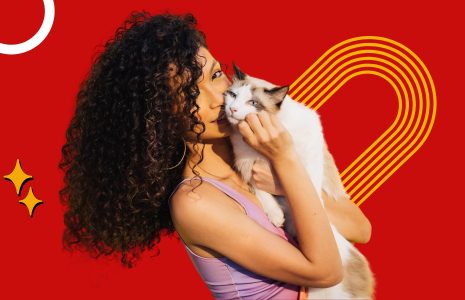
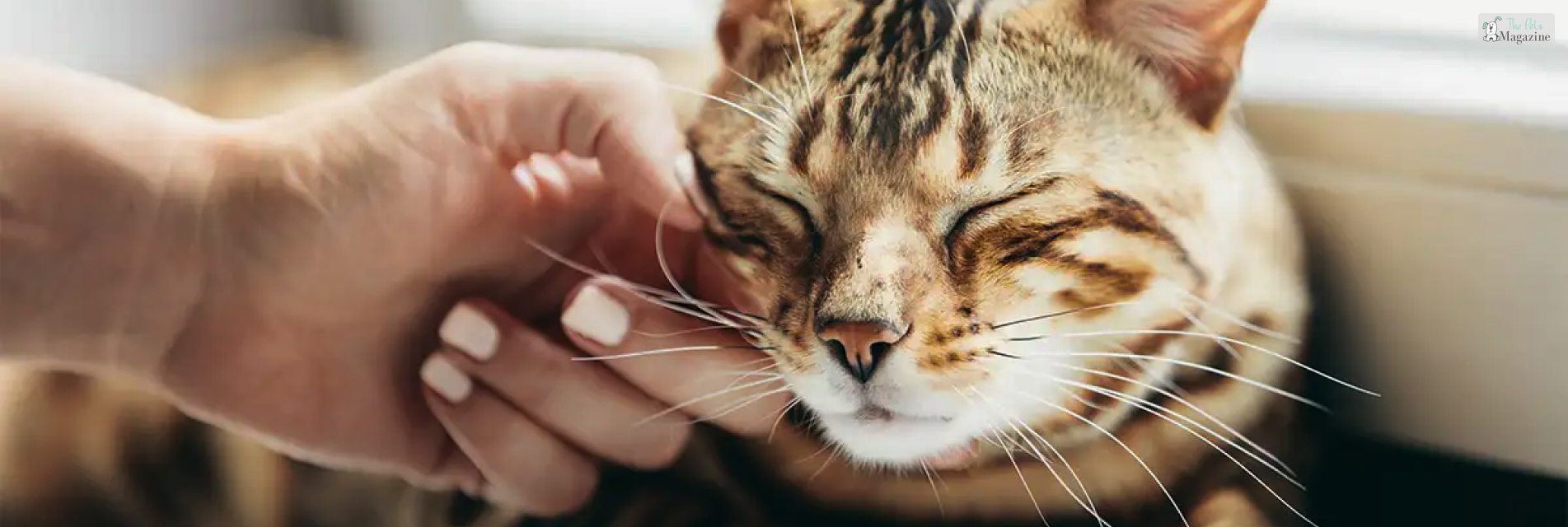
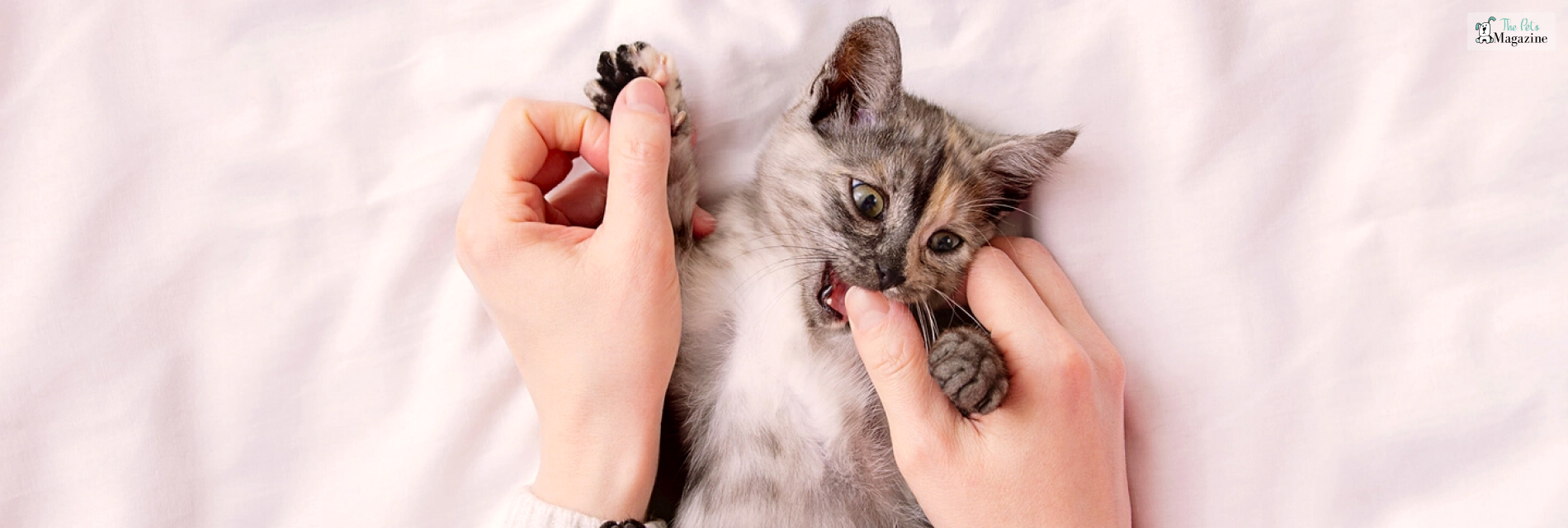
Leave A Comment